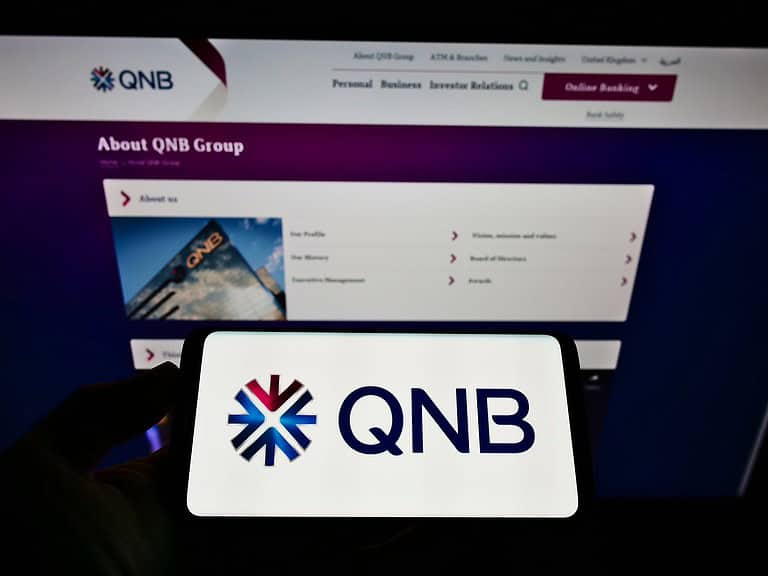Browse economic indicators and data sets, selected by Global Finance editors, to learn more about The Occupied Palestinian Territories economic outlook, debt to GDP ratio, international trade performance and population trends.
War Devastation Overwhelms Economic Promise
Since the cross-border assault led by Hamas against Israel on October 7, 2023, and the subsequent Israeli retaliation, the West Bank and Gaza have experienced a devastating loss of life and widespread destruction. This conflict has had catastrophic repercussions on their economy.
The available data only provides a snapshot of the Palestinian economy prior to the conflict. Even before this event, the economy was modest, with a nominal GDP below $20 billion, according to estimates from the U.S. Department of State. Small and medium-sized enterprises, predominantly family-owned, represented 99% of business activities and employed fewer than 20 people. The free movement of goods and people was curtailed, and growth was hindered by restrictions on foreign investments, outdated infrastructure and inconsistent water and energy supply.
Still, albeit high unemployment persisted and worsened in recent years, the Palestinian labor force is young and well-educated, boasting a 98% literacy rate. The conflict has cast a long shadow over the future of the five million citizens of the West Bank and Gaza, a significant number of whom are currently displaced.
The Occupied Palestinian Territories GDP & Economic Overview
Key Facts
| Total Area | 6,220 sq km |
|---|---|
| Type of Government | Semi-presidential multi-party republic |
| Capital City | Ramallah |
| Total Population | 5.603 million |
| Median Age | 19.0 |
| Total GDP | N/A |
| Adult Per Capita Income (PPP) | USD 14,072 |
The Occupied Palestinian Territories
Trade & Finance
International Trade
| Total Exports | USD 1,833.71 million |
|---|---|
| Major Exports |
Crude petroleum gold fish industrial chemical liquids scrap iron |
| Major Trade Partners – Export |
Israel Jordan United Arab Emirates United States Saudi Arabia |
| Total Imports | USD 215 million |
| Major Imports |
Food consumer goods construction materials petroleum chemicals |
| Major Trade Partners – Imports |
Israel Turkey China Jordan Germany |
Inbound and Outbound Investment
Data Shows The Occupied Palestinian Territory’s Debt Load To Be Below The Regional Average
The chart at left compares The Occupied Palestinian Territory’s debt-to-GDP ratio to the regional average. It illustrates how the country has been successful at keeping its debt burden in line with its national productive capacity.
The Occupied Palestinian Territory's Leading Companies
| Power | Palestine Power Generation Co |
|---|---|
| Beverage | The National Beverage Company |
| Real estate | Izdehar Prosperity Investment & Development |
| Telecom | Paltel |
| Investment holding company | Arab Palestinian Investment Company |
| Real estate development | Izdehar Prosperity Investment & Development |
Global Finance Rankings & Awards: The Occupied Palestinian Territories
Global Finance Magazine holds several conferences and awards ceremonies throughout the year to recognize the winning financial institutions and companies in a host of categories including World’s Best Trade Finance Banks, World's Biggest Banks, World's Safest Banks, World's Best Developed & Emerging Markets Banks, World's Best Internet Banks, and World’s Best Investment Banks.
Data Sources:
UN World Population Prospects
World Inequality Report
S&P Global Ratings
Moody’s
Fitch Ratings
IMF Direction of Trade Statistics (DOTS)
UN Conference on Trade and Development (UNCTAD)
CIA The World Factbook
World Bank’s World Integrated Trade Solution
Forbes Global 2000







